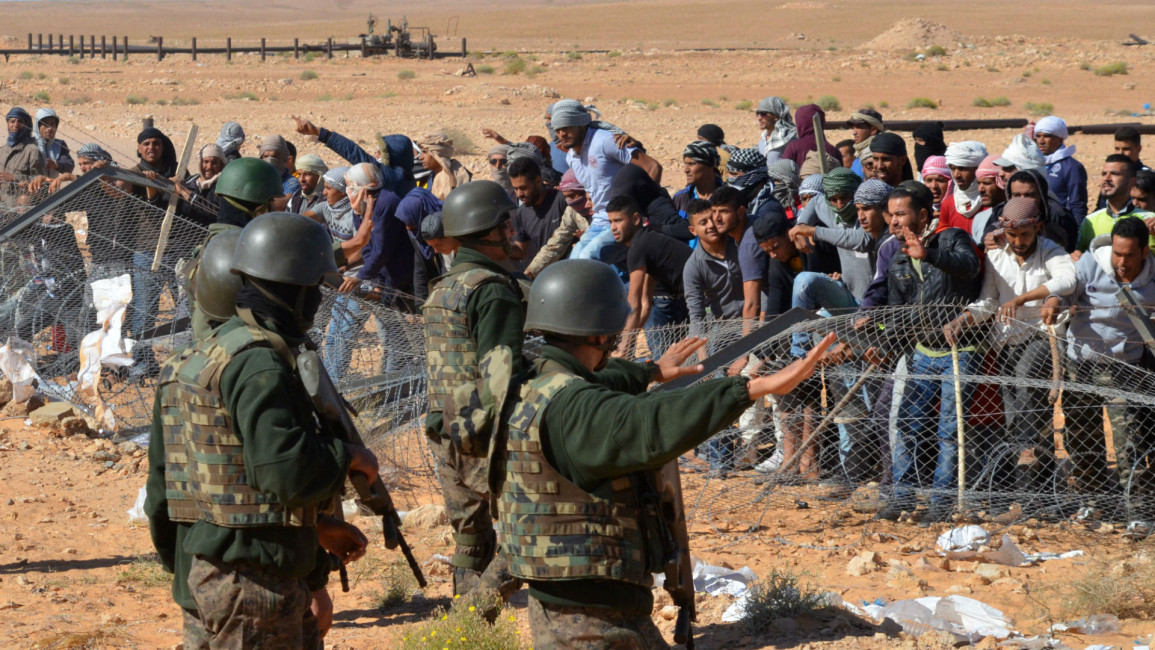Tunisia provincial governor resigns after protester killed in clashes
The governor of Tunisia's southern Tataouine province, which has recently seen escalating protests, has abruptly announced his resignation.
Mohamed Ali al-Barhoumi on Wednesday that he was stepping down from his role just days after a young protester was killed during clashes between protesters and security forces.
"I have just tendered my resignation to the prime minister due to personal and private reasons," Barhoumi said in a brief online statement.
Barhoumi was appointed as governor of Tataouine last month following a wave of popular protests by disaffected local youth that have rocked the once restive region.
Recent months have seen hundreds of young Tunisians stage several sit-in protests near the al-Kamour oil and gas pumping station, demanding more job opportunities.
A young protester was killed on Monday after a national guard vehicle "accidentally" ran him over in south Tunisia, raising fears of more unrest following weeks of protest.
President Beji Caid Essebsi has ordered that the army will protect the output from Tunisia's main resources from being disrupted by protests over social and labour issues.
The scenes of clashes between protesters and security forces have brought back memories of late 2010, when civil unrest led to revolution and the beginning of the Arab Spring.
The Tunisian government has faced growing social discontent over the failing economy, especially interior regions, with protesters often staging sit-ins that block access to production sites.
The protesters are desperate for better living conditions in regions blighted by poverty in comparison with richer coastal cities.
They are also sceptical of a government economic reconciliation plan that would allow magnates accused of corruption under the overthrown regime of President Zine al-Abidine Ben Ali to resume business activities.
In exchange, they would reimburse the state for ill-gotten gains.
Protesters have said that it is an effort to whitewash corruption, while the government claims it is a way to boost the atrophying economy.
Six years since a revolution that toppled longtime dictator, Ben Ali, Tunisia has not been able to resolve issues of poverty, unemployment and corruption that sparked the uprising.



